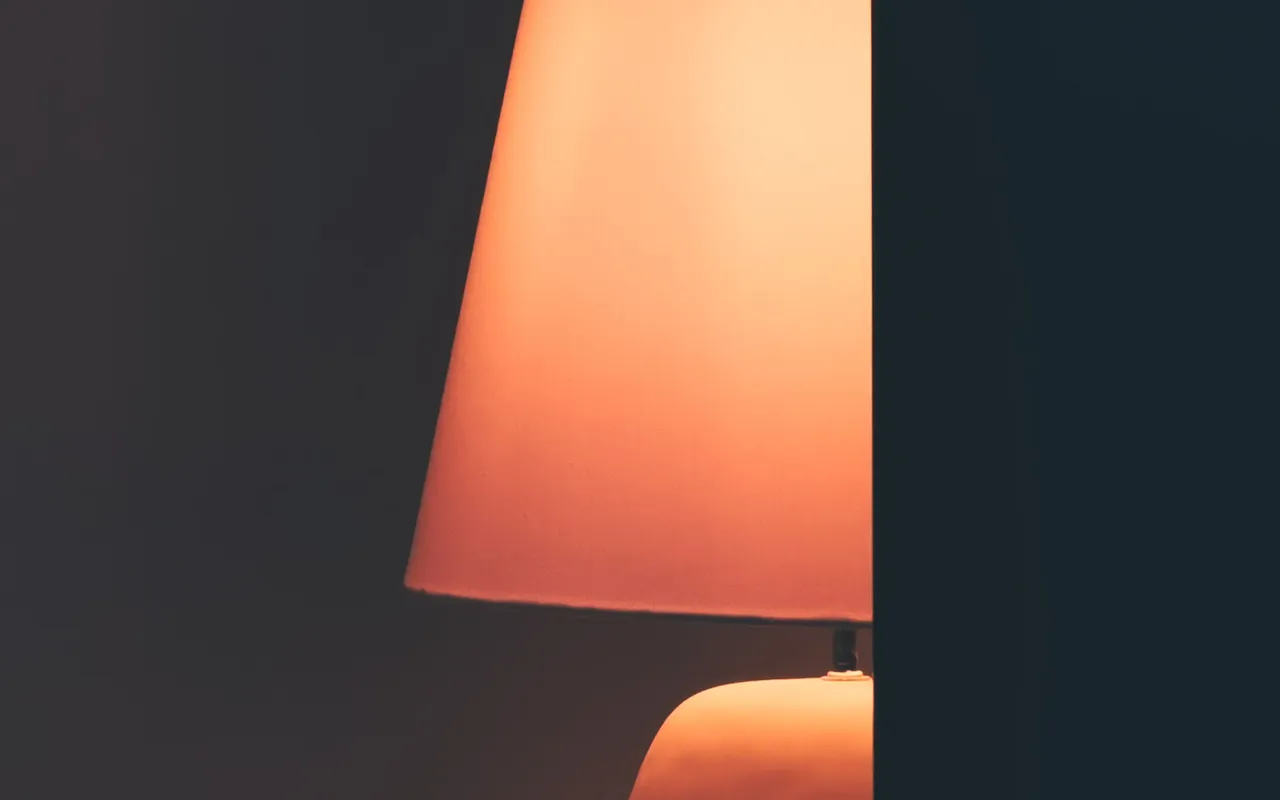I think sometimes we look at the possible ending of events with far too much enthusiasm, without considering alternatives. A couple days I was talking with a colleague and the conversation went into markets and economic hardship and I said that how the economy works and where we are headed has always ended up in the same place, violent revolution and war. His answer to this is that this is the way it has always been, as if this is the way it must be.

I think that because we have such a short visibility on both the past and our prediction of the future, it is impossible for most of us to imagine anything but what we have already known, which makes the continuance of the status quo more likely. It is much easier to accept and repeat what is already known than to be part of an outlier process that is shrouded in uncertainty and ridicule.
Peer pressure and social proofing are powerful tools and I have watched them in effect over the last years often, where the topics and ideas I have injected into conversations have been routinely shot down by some very smart people. Yet, a couple of years later, some of the same people in those conversations are now looking for more information, looking to participate.
Smart doesn't mean clever. We are generally all smart in some way, but often we are narrow in what we know and then apply our narrow understanding to the greater world, even if it isn't applicable. Because we tend to get influenced by someone's ability in one domain, we apply their position across others when they speak with authority, even if they do not know what they are talking about. And since we are often too lazy to find out for ourselves, we proxy our opinions to others, relying on their opinions to become our own.
There are a lot of things we can spend our attention on at any one time and we will generally favor what is easy or we already know, putting us in a tunnel that feels comfortable for us, that doesn't challenge our status quo. "This is the way it has always been" are the words of those who likely want different, but can't imagine what that might look like, let alone what might be required to get there. Better the devil you know.
What is interesting is so much of what people think will never change, isn't actually that old at all and once, it was blasphemy to suggest anything different than the status quo. Everything "new" was considered poorly, because how could it not be, when so few had any idea of what it was, fewer any experience with it and even fewer, the imagination as to where the rudimentary beginnings could lead.
Once something has been accepted and integrated for long enough though, it is treated as if it can never be different again, as if it will always endure. As it becomes a part of society and the longer it is there, the more ingrained it becomes. The current economy is a good example of this - people forget that it is the "current" economy and treat it as if it has always been this way.
If nothing can be changed, the only pragmatic position is nihilism, but unfortunately, evidence suggests that things can be changed and we have some say over the direction our lives take. I find it interesting when people believe that they don't have a say in the future of society as an individual, when all society is, is a group of individuals doing what they do to build some kind of pathway for the future through individual activities. Some activities are done alone, some in a group.
Trends come and go, whether they be fashion trends or the natural evolution of a species over the course of millions of years. As individuals, we have a say in which trends we follow and which traditions we maintain, yet it seems that what we want to keep is what is keeping us held back from the kinds of changes we want to see in the world. Perhaps that's the problem, we want to see the changes, not be part of making change - it is someone else's job.
Just think of all the impossible things we as a species have done over the space of our existence, from building cities to flights through space, curing invisible diseases to investigating our world at the subatomic level. Yet, we believe that we can't create a better economy, one that doesn't crush the majority, one that doesn't boom and bust cyclically based on market manipulation? You'd think we would be smarter than that.
But, we are not. We are looking for the light at the end of the tunnel we walk, without turning our heads to the sides to see that there are many lights out there and the path we walk, isn't necessarily taking us to where we want to go. We keep walking forward because we believe we are in a tunnel, but we haven't stepped into the darkness to see if there are even walls.
We feel smart, because we think we know which way to go, even when we are being led.
Taraz
[ Gen1: Hive ]
